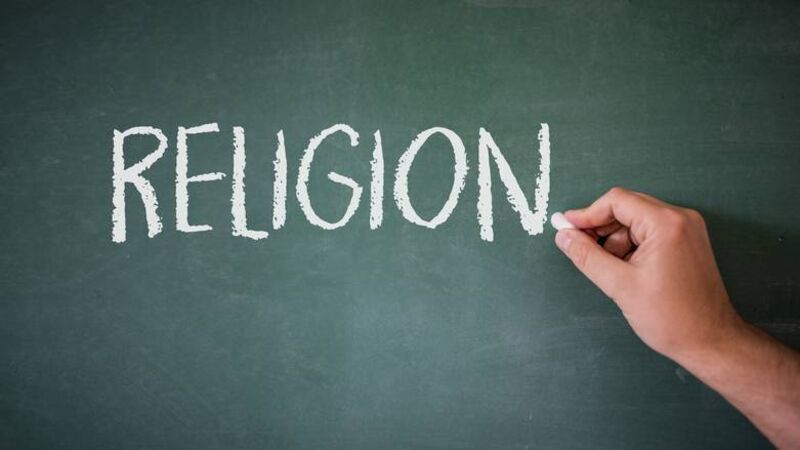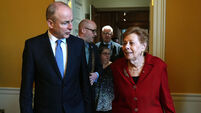Another survey — but still no change for children who opt out of religious instruction

This survey allows the State to appear responsive while avoiding the hard question: why is religious instruction still embedded in the timetable and curriculum of State-funded schools? File photo: iStock
More than two years ago, the Department of Education announced, to much fanfare, that it would launch the largest-ever survey of parents on the issue of religious patronage in schools. That survey landed this week.
It consists of just three short questions, takes mere seconds to fill in and requires only an Eircode to complete it. On the surface, this looks like progress. Consultation sounds good — it suggests listening, engagement, reform.
















